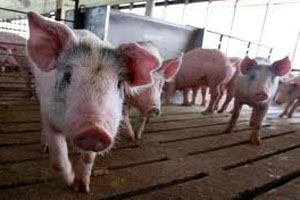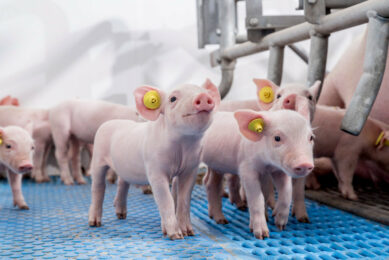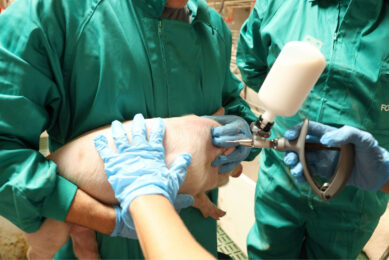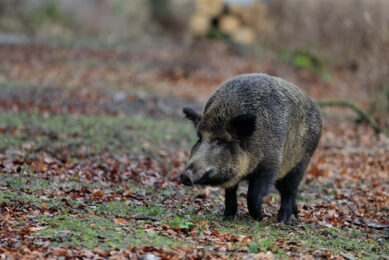Pork Value Chain Symposium – castration, trade and more

Leading swine producers, meat processors and veterinarians from Europe, North America, Asia and Latin America met recently at a symposium in Berlin to discuss ways of working together more closely.
The event, Creating Winning Relationships Across the Pork Value Chain, enabled pork chain stakeholders to share insights into the shifting dynamics of swine production and the international trade in pork meat.
Changing animal welfare practices such as replacing piglet castration with vaccination was a key theme at the symposium which was sponsored by Zoetis. Several speakers highlighted the differences in adoption of vaccination as an alternative to castration in different pork value chains around the world.
Meeting attendees learned that Brazil is currently the fourth largest pork meat producer in the world, slaughtering some 38 million pigs each year. The technology of immunocastration is being adopted in the main segments of the Brazilian production, such as large and medium integrators, medium and small cooperatives and independent producers rather than castration as a standard production tool to prevent boar taint* and aggressive behaviour.
“Being one hundred per cent vertically integrated, you can capture the total value of this technology, from the nursery right up to the deboning room and ready-to-eat products, because it all goes into the same pocket,” said pork quality expert Dr. Jose Peloso who worked for one of the most important integrators in Brazil. “It’s easy to calculate the return on investment when you have the whole chain in your hands.”
“Although Brazilian integrators do not usually have their own retail outlets, acceptance of pork produced using vaccination of boars has not been a problem,” he said.
“Pork produced using new technologies is readily accepted by retailers if proven safe, the end products are unchanged, and it supports sustainable production. We have had no complaints from consumers.”
In contrast, the more fragmented value chain in Europe, and the dominance of big retailers, has meant the adoption of the technology has been slower there, explained Egbert Klokkers, vice president of Westfleisch, Germany. “We will go the way the retailer or the consumer wants to go,” said Klokkers. “While considering alternatives to castration, we still have two debates: the risk of boar smell in the meat from non-castrated pigs; and using Improvac [vaccination] as a means to prevent this. Both ways are still possible and at Westfleisch we are evaluating the alternatives. We have some farms with Improvac use and we have a certain demand for non-castrated pigs for export to ‘welfare’ markets such as Holland and the UK. At the end of the day the retailer, which is the voice of the consumer, will decide which way we are going to go. So we have to convince the retailer.”
Some retailers, such as Colruyt in Belgium, no longer accept pork from castrated pigs, and are selling pork from male pigs raised using the vaccine. Other processors are currently conducting their own assessments. Italian pork producer Fumagalli, which specialises in the production of heavy pigs for Parma Ham, and has a “farm-to-fork” mission, sees vaccination as a possible way of demonstrating its commitment to animal welfare.
“Castration is an issue in animal welfare and we have countries that ask if it is possible not to have castrated pigs,” said Dr Pietro Pizzagalli who is responsible for meat quality at Fumagalli. “The problem for us is that we raise pigs to nine months, and after six months the boar smell in the meat is a big problem. We produce a lot of high end products, like Parma Ham, so the quality of the meat is very important. We want to study using Improvac to solve this problem while producing a premium quality product.”
Fumagalli has just started a trial of the vaccine in 2,000 pigs on its farms in northern Italy, to check for itself whether this form of boar production can produce the level of quality it demands.
Even in markets outside Europe, animal welfare has begun to resonate, according to Soontorn Imboonta, vice president of research and development for CPF Thailand. “We are now vaccinating some of our fattening pigs and introducing them to the market.”











